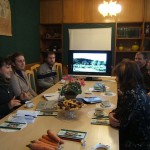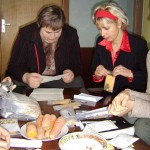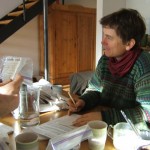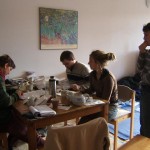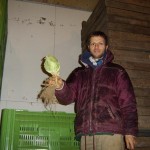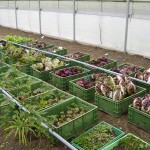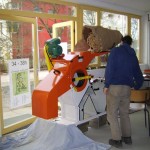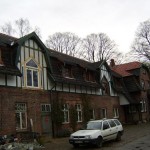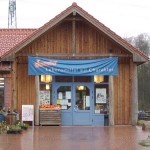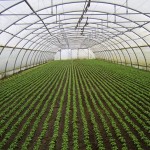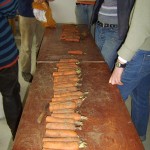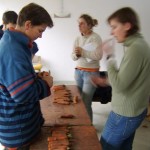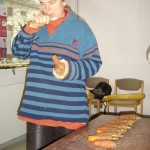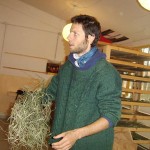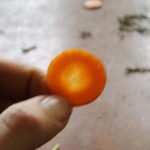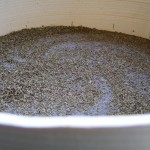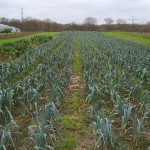Thursday began with a drive out to the countryside for a visit at the Lithuanian Institute of Horticulture. We were welcomed by Dr. Rasa Karkleliene, Head of Vegetable Breeding Sector and Scientific Officer, and Dr. Adrius Sasnauskas, Vice-director of Science for the Genetic and Biotechnology Department (!).
We gathered in the board room and watched a very professional video explaining the size and scope of the Institute, with images of some of their over 400 hectares of idyllic apple and pear orchards, biotech labs, and delicious-looking (GE!) strawberries. The Institute is involved in every aspect of food science, from variety development to processing all in one place. They are funded only 30% by the Lithuanian government, with other funding sources coming from the EU or companies such as Syngenta (the giant biotech/chemical multinational corporation). Go here to see how Syngenta and Monsanto work together. This year the Horticultural Institute began their first organic plot – two hectares for organic variety development.
Photos, from left to right: 1. The Lithuanian Institute of Horticulture; 2. In the meeting in the board room, talking about SAP and learning about what happens at the Institute; 3. Dr. Rasa Karkleliene and a colleague taking samples of some of our varieties.
After learning about who and what we were up against, we gave an overview of our project and Andrew presented the slide show, which by this point was smooth as silk, and talked a little bit with the Doctors, who were extremely friendly and very interested in our project. Not one word was mentioned about our differing philosophies of plant development, and it was nice to have conversations with actual biotech scientists, because despite our obvious differences in methods (and world view), they are working for the some of the same things we are: superior vegetable varieties.

